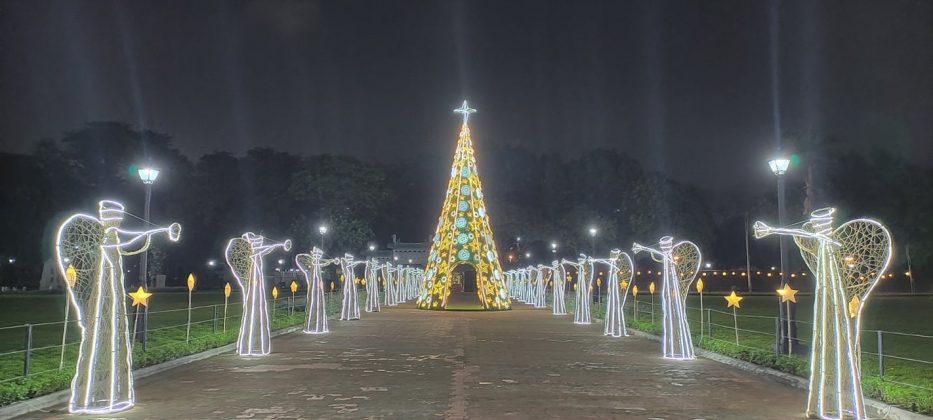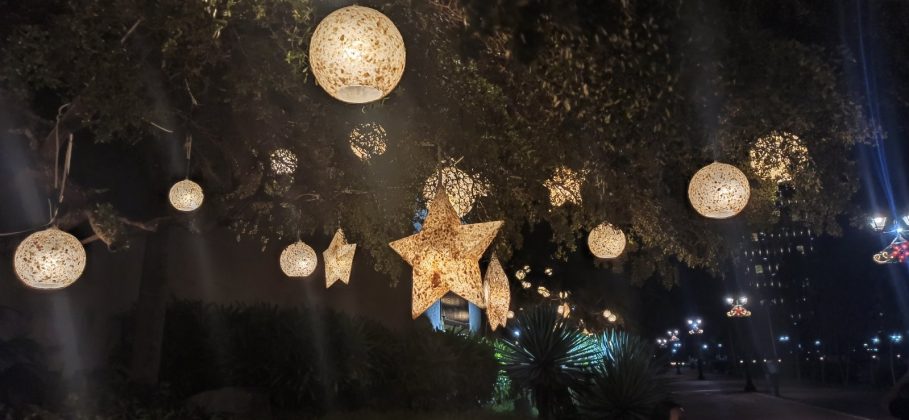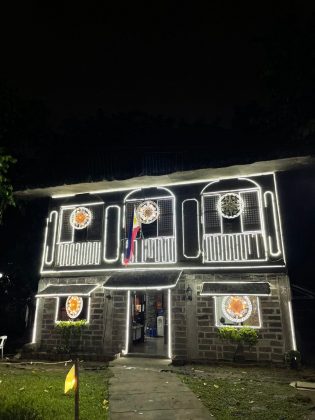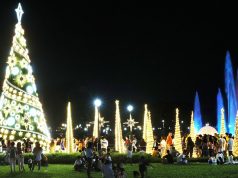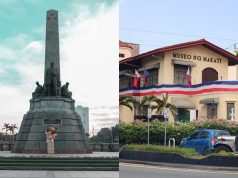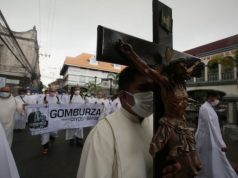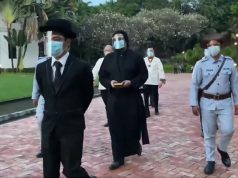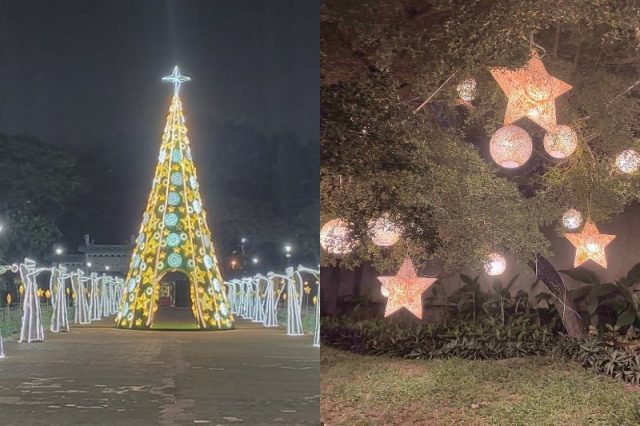
More open spaces are now available to Filipinos, in time for the holidays.
The National Parks Development Committee formally opened the Christmas season at the historic Rizal Park on Monday by lighting its yuletide decorations, as well as some structures in the nation’s capital.
The NPDC lighted the park’s Christmas tree, Belen and other decorations while the buildings of Manila City Hall, the National Museum, Philippine Post Office and Intramuros also got a holiday makeover.
More open spaces
Last October, the clamor for more open spaces surfaced online after throngs of Filipinos crowded at the Manila Baywalk Dolomite Beach, including minors.
The incident alarmed some social media users who called for more outdoor spaces to be available, especially since COVID-19 is less likely to be transmitted in an open area.
“(People) going to the dolomite beach speak volumes — the metro needs open and green spaces,” a Filipino tweeted in response to the reports before.
RELATED: Crowding at Manila dolomite beach draws calls to open more public spaces
Experts said outdoor activities, compared to those done indoors, reduce the risk of the virus’ transmission by 94%.
This is because fresh air is constantly moving and dispersing respiratory droplets produced when one talks, sings, shouts, coughs, sneezes or breathes.
“The COVID-19 virus is primarily spread from person to person among those in close contact, within about 6 feet (2 meters). The virus spreads through respiratory droplets released into the air when talking, coughing, speaking, breathing or sneezing,” an American academic medical center said on its website.
“In some situations, especially in enclosed spaces with poor ventilation, the COVID-19 virus can spread when a person is exposed to small droplets or aerosols that stay in the air for minutes to hours,” Mayo Clinic said.

